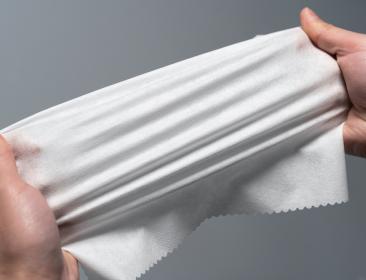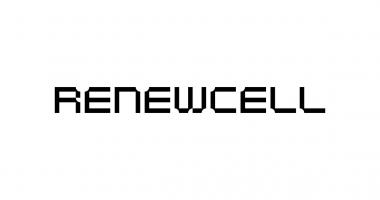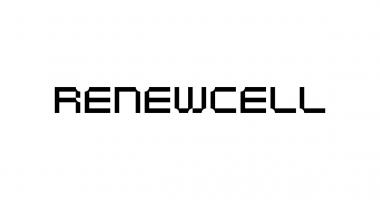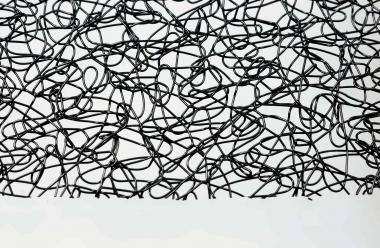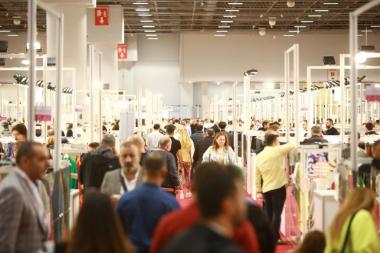Freudenberg: First 100% rTPE base content interlining series for apparel
Freudenberg Performance Materials Apparel is expanding its Super Elastic Interlinings Range with the introduction of the apparel industry’s first 100% recycled thermoplastic elastomers (rTPE) base content interlining series. In recognition of the growing use of elastic interlinings in apparel and building on the principles of Freudenberg Performance Materials´ Apparel’s House of Sustainability, these new products speak for high-quality and sustainable solutions.
The new, 100% rTPE base content interlinings are offered in 40-90 g/m2 weights, with wide applicability – from lightweight knit fabrics with applications in leggings and sports bras to elastic woven fabrics that require medium-to-heavy weights, such as denim, maternity clothes, or casual wear. Sustainable without compromising on quality, the new interlinings offer exceptional elasticity and retain excellent recovery capabilities.
The 100% rTPE base content interlinings reduce the need for virgin materials in apparel while also reducing the demand for the extractive practices necessary to produce such materials. Furthermore, the use of recycled components reduces materials in landfills and oceans, in consideration of full-garment lifecycle management.
Freudenberg Performance Materials Holding SE & Co. KG


